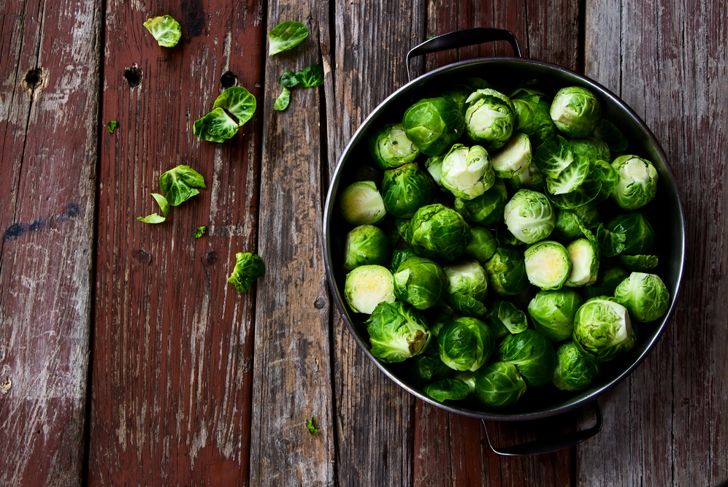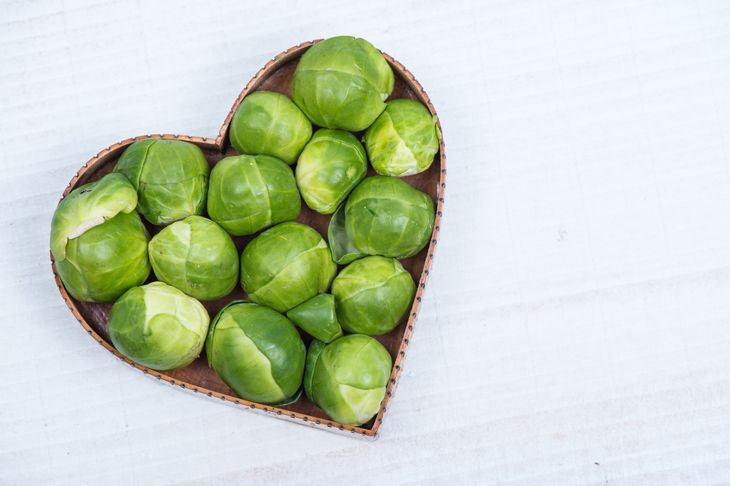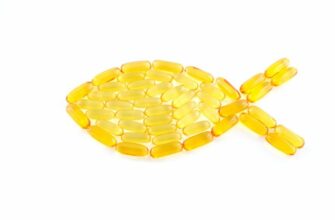Brussels sprouts are part of a group of food called cruciferous vegetables which also includes broccoli, cauliflower, bok choy, cabbage, collards, kale, and others. Studies show that cruciferous plants are some of the healthiest, most nutrient-dense, foods out there. Brussels sprouts are rich in a wide variety of nutrients including antioxidant carotenoids, B-complex vitamins, vitamins A, C, and K, and an essential health-boosting compound called sulforaphane. There are many ways in which Brussels sprouts can improve your health, so read on to find out how!
Reduces the risk of cancer
Brussels sprouts contain an impressive line-up of antioxidants including beta-carotene, lutein, zeaxanthin, and glucosinolates. Sulforaphane—a potent antioxidant phytochemical also obtained from cruciferous vegetables—is produced when glucoraphanin (a type of glucosinolate) is converted through a chemical reaction. Glucosinolates are sulfur-containing compounds, and they’ve been researched extensively for their anti-cancer effects. They’ve been shown to inhibit the growth and development of cancer by protecting cell DNA, inactivating carcinogens, inducing cancer cell death, and providing anti-inflammatory effects. Studies show that Brussels sprouts can reduce the risk of many types of cancer including prostate, colorectal, lung, stomach, bladder, skin, and breast. Glucosinolates are found in all cruciferous vegetables; however, Brussels sprouts are at the top of the list for total glucosinolate content and most commonly eaten cruciferous vegetable.
Lowers blood pressure
Brussels sprouts are an excellent source of many blood pressure reducing nutrients including fiber, potassium, and anti-inflammatory antioxidants. Half a cup of Brussels sprouts contains 247 milligrams (mg) of potassium, which is 7 percent of your recommended daily intake (RDI). Potassium helps to lower blood pressure by negating the effects of sodium—which raises blood pressure. The antioxidants in Brussels sprouts reduce inflammation all over the body–including in the blood vessels. When the blood vessels are more relaxed, blood pressure is reduced, lowering the risk of atherosclerosis, coronary heart disease, heart attack and stroke.
Lowers cholesterol levels
Research shows that Brussels sprouts have bile acid binding properties. This means that they stick to cholesterol and guide it out of the digestive system so that it doesn’t get absorbed into the bloodstream. Raw Brussels sprouts have the most potent bile acid binding capabilities. Second, comes steamed brussels sprouts. People with high cholesterol have an increased risk of heart attack and stroke. Eating cholesterol-reducing foods, like Brussels sprouts can significantly impact your health for the better.
Strengthens bones
Vitamin K is an essential nutrient for bone health— and Brussels sprouts contain a lot of it. In just half a cup of Brussels sprouts, you’ll get 137 percent of your RDI of vitamin K. The body needs vitamin K to build bones. Studies show that people with higher levels of vitamin K also have higher bone density. This is especially important for postmenopausal women, who are at risk of developing osteoporosis and are prone to fractures. Vitamin K can reduce this risk by strengthening the bones.
Supports a healthy pregnancy
Brussels sprouts contain nutrients needed for a healthy pregnancy including folate (vitamin B9)– also called folic acid— and iron. High folate intake is crucial for a healthy pregnancy. Research shows that folate deficiency during pregnancy is linked to severe congenital disabilities known as neural tube defects such as spina bifida and anencephaly.
Manages blood sugar levels and diabetes symptoms
People who are diabetic or prediabetic can benefit from eating Brussels sprouts. This cruciferous vegetable contains an antioxidant and omega-3 fatty acid called alpha-lipoic acid (ALA). Research shows, has benefits related to glycemic control, improved insulin sensitivity, oxidative stress, and neuropathy in diabetic patients.
Reduces inflammation
Chronic inflammation is everywhere. It’s behind so many health problems including conditions like allergies, asthma, arthritis, and many more. Some people suffer from chronic inflammation and don’t realize that it’s the culprit behind general symptoms they are experiencing. Symptoms such as headaches, migraines, digestive problems, hormone imbalance, muscle aches and pains, fatigue, and weight gain. Chronic inflammation is caused by oxidative stress in the body, which comes from excessive free radicals—or toxins—hanging around in our systems. Brussels sprouts contain many important antioxidants which combat the effects of oxidative stress. These antioxidants protect cells from free radical damage and reduce inflammation all over the body. Eating foods rich in antioxidants can help you to prevent or overcome inflammatory diseases and symptoms of chronic inflammation.
Cures constipation
Fiber is important to keep your digestive system running smoothly. Fiber absorbs water in the digestive system and bulks up stool to assist in easier elimination. According to the American Heart Association, the daily value for fiber is 25 grams. Research shows that Americans are consuming on average 16 grams of fiber per day. Eating more fruits and vegetables that are high in fiber can help to keep you regular and reduce constipation, bloating, and other digestive problems.

 Home
Home Health
Health Diet & Nutrition
Diet & Nutrition Living Well
Living Well More
More


















